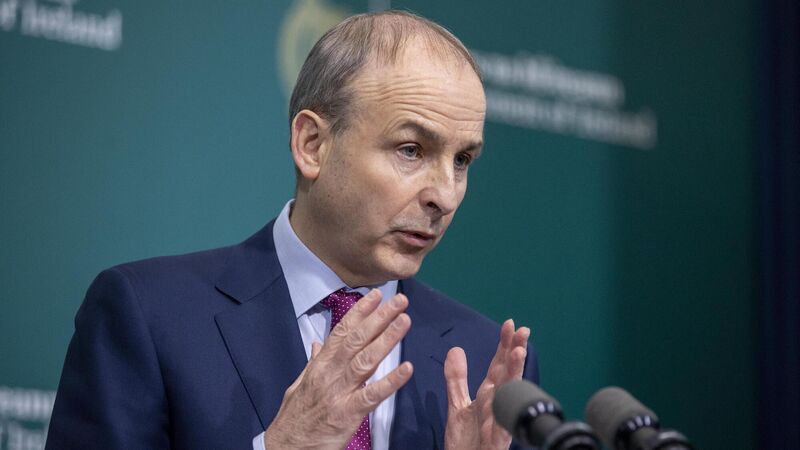Michael Clifford: Lockdown delay cost lives — Government and Nphet should have acted sooner

Acting in the best interests of the wider population at the time would have required some courageous leadership from both Nphet and Government. It didn’t happen. File photo: Julien Behal
That was the most expensive Christmas we’ve ever had or ever will have. The cost in human terms is not exactly quantifiable, but possibly dozens of people lost their lives and many more were rendered seriously ill. The cost in monetary terms won’t be known for a few months yet, certainly not until we exit the lockdown.
Is anybody, or any entity, culpable for such a disaster?















